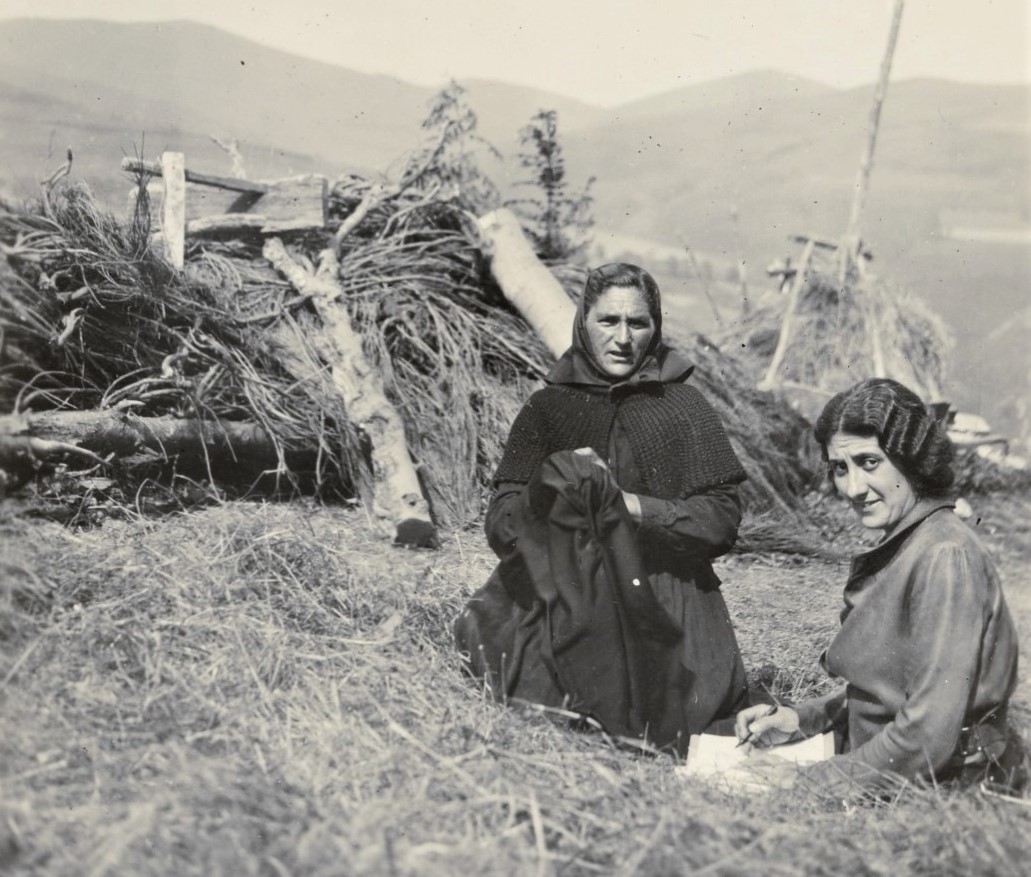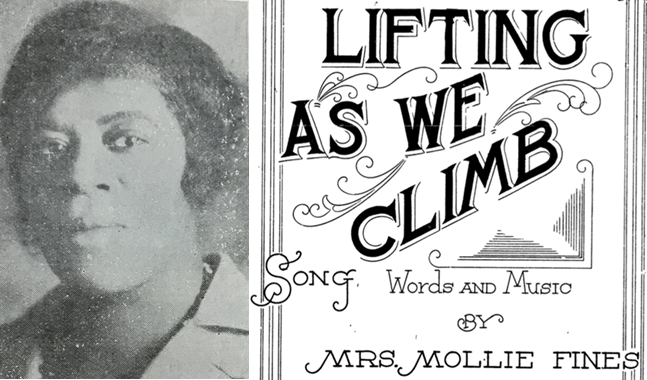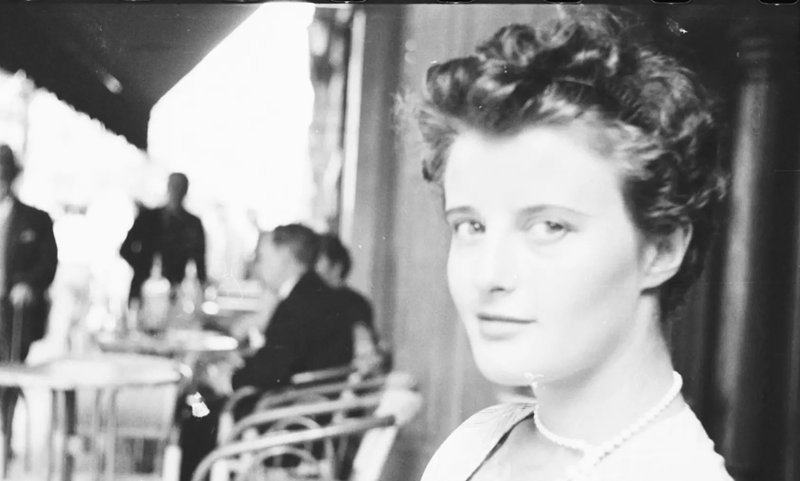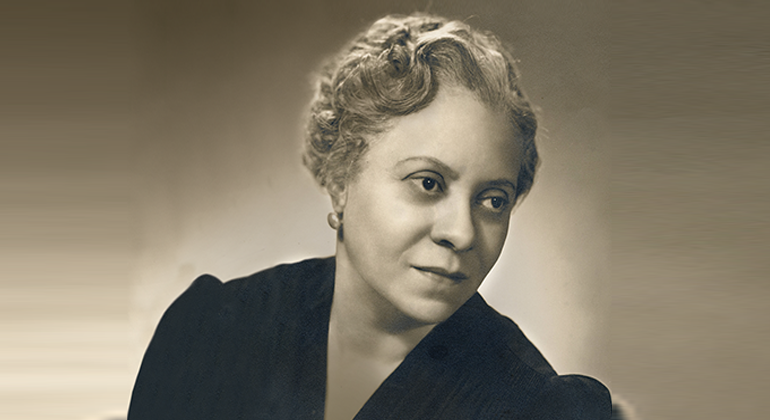Palmira Jaquetti Isant (Barcelona, 1895-1963) is a Catalan-Spanish poet, folklorist, and composer whose name you will not find in music dictionaries. She notated some 10,000 songs of oral tradition in Catalan for a large project known as Obra del Cançoner Popular de Catalunya (1922-36), but her work is largely unknown since most of the repertory collected for that project remains unpublished. Her poetry, published and unpublished, and her career still need to be appraised; the descriptions of her song collecting expeditions are extremely valuable from musical, social, and literary points of view. With a university education, rare at that time, and music studies at the conservatory, she taught art history and French in high schools. She married a Belgian painter in 1927, who initially accompanied her in fieldwork (1927-30), but who did not support her literary career and abandoned her soon after she fell ill with polyarthritis in 1934. By 1937 she had recovered sufficiently to resume her activity in Barcelona as a teacher, poet, and song collector, publishing poetry, collections of songs (original and traditional) and presenting papers at international conferences of Romance and Modern Languages in the 1950s. A car accident in 1963 tragically ended the life of this extraordinary woman.
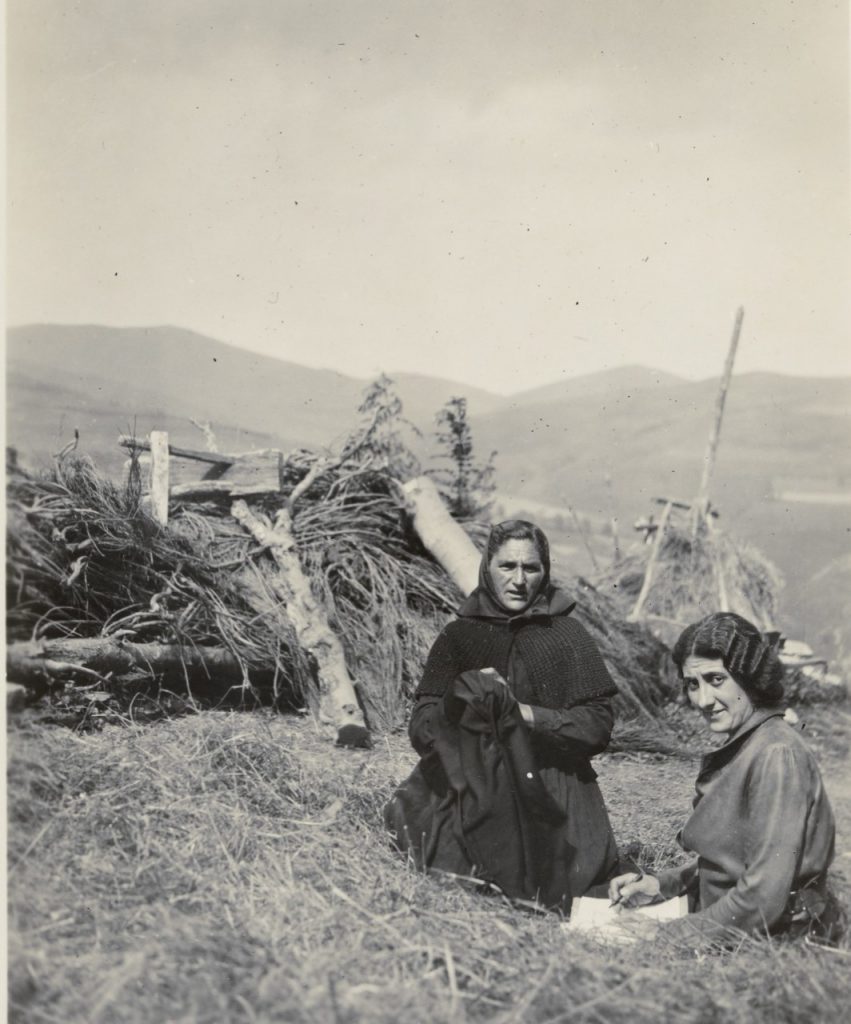
I learned about Palmira Jaquetti a decade ago, when I started to catalog the repertory collected on paper between 1944 and 1960 for the “misiones folclóricas” organized by the former Instituto Español de Musicología, IEM-CSIC (dir. Higini Anglès). Among the more than 25,000 pieces collected through 65 Misiones and Concursos, she had contributed ca. 500 pieces (Misión M12), collected during the summer of 1945 from people living in seven charity nursing homes in Barcelona. Here is the music she copied for a long “romance” (ballad), “Dónde está la infanta? (Where is the princess?) Misión M12-223. It was sung by María Solé i Codos (75 years old, from Alòs, Lleida) on 26 August 1945; she was at the nursing home Hermanitas de los Pobres (Carrer Borrrell, Barcelona). The rest of the long text can be consulted here.
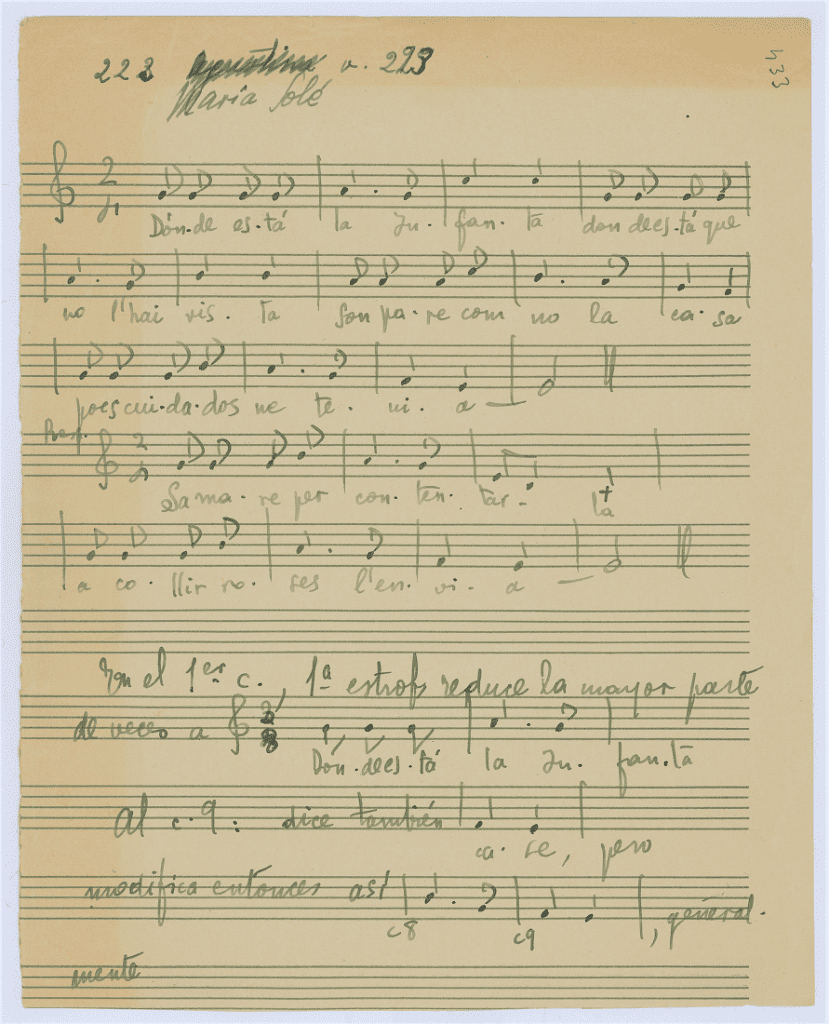
In the process of cataloguing those long-forgotten materials, I found her 21-page notebook describing her fieldwork in the nursing homes. Her poetic beauty and tragic realism impressed me very much the first time I read it, as it still does today. Her prose reporting the often tragic circumstances of her informants, mostly women, and the institutional atmosphere of post-Spanish Civil War Francoist Spain transported me to a poor Barcelona, my city, as if in a sad, black and white movie. Difficult access to those institutions was allowed thanks to letters of introduction, but her conversations with the elderly were perceived as a suspicious activity. Her collecting work had to be done quickly and the copying of the information on small sheets of paper took place in the most unsuspected venues, as she describes it (my translations):
He copiado en el costurero, en una mesa llena de alfileres. En el comedor, sumergido en el olor eterno de las grasas y estofados. En la fregadera, visitada por todos los cubos de la casa; los sábados en la enfermería, donde la vida declina sobre blancas almohadas y los sillones se invalidan a fuerza de sostener la invalidez.
I have copied in the sewing room, on a table full of pins. In the dining room, immersed in the eternal smell of fats and stews. In the scullery, visited by all the mop buckets in the house; Saturdays in the infirmary, where life declines on white pillows and armchairs are rendered invalid by dint of sustaining disability.
Jaquetti’s descriptions of singer-informants are equally poignant, bringing them to life with a few, keenly chosen, sensitive words and comments. Literally hundreds of singers emerge, from the remote villages of rural Catalonia to the immigrants who ended up in the Barcelona charitable institutions, and often from single mothers coming from everywhere to give birth at the Maternidad:
Allí he acudido, día tras día, a oir canciones bien cantadas, con un punto de melancolía y un oído ausente. La nueva madre está siempre pendiente de la voz lejana del hijo, que la llama como la misma conciencia, y ese clima da a su canción un hálito singular.
There I have been going one day after another to listen to songs well sung with a touch of melancholy and an absent ear. The new mother is always vigilant of the child’s distant voice, who calls her like conscience itself, and that atmosphere gives to her song a singular breath.
No recordings survive from Jaquetti’s fieldwork. The approximately 100 wax cylinders from the Cançoner Popular de Catalunya (1920s and 30s) preserved at the Centre de Documentació de l’Orfeó Català are all completely damaged by mold. She asked Francesc Pujol — vice-director of the Orfeó Català who was also involved in the origin of the IEM missions — to record some of her informants of the Misión M12 (1945) in Barcelona, but he died in December of that year. Unquestionably the absence of sound recordings to accompany the transcriptions has muted these music sources and obscured Palmira Jaquetti’s impressive work. The time has come to rescue her poetic and musical imagination, so that not only her silent voice, but also those of the hundreds of women singer-informants she recorded on paper come to life again. The Women Song Forum provides a perfect opportunity to do so.
Bibliography
On the life and works of Palmira Jaquetti, see the website created in 2020 to celebrate the 125th anniversary of her birth.
For the songs transcribed by Jaquetti in the Misión 12 (Barcelona, 1945) and a transcription of her notebook describing that mission, see Emilio Ros-Fábregas, ed., Fondo de Música Tradicional IMF-CSIC.
Regarding this Fondo, with more than 23,000 pieces available in open access, see “Capacidad transformadora de las humanidades digitales en el ámbito de la musicología: las plataformas digitales de la IMF-CSIC Fondo de Música Tradicional y Books of Hispanic Polyphony”, in Musicología en web: patrimonio musical y humanidades digitales, eds. María Gembero-Ustárroz and Emilio Ros-Fábregas (Kassel: Reichenberger, in press). The five volumes of the collection Cancionero Popular Español published by the Instituto Español de Musicología-CSIC with repertory of the missions are available.
Although most of the repertory collected earlier by Jaquetti for the Obra del Cançoner Popular de Catalunya remains unpublished, her descriptions in Catalan of the expeditions to collect songs have been published with some transcriptions in Josep Massot i Muntaner, ed., Materials de l’Obra del Cançoner Popular de Catalunya, vols. 6, 7, 9, 10, 11, 12, 14, 16 and 20 (Barcelona: Publicacions de l’Abadia de Montserrat, 1926-2011). The original materials of the Cançoner Popular de Catalunya with thousands of songs are in Montserrat, but access is restricted; microfilm copies are at the Biblioteca de Catalunya in Barcelona.


